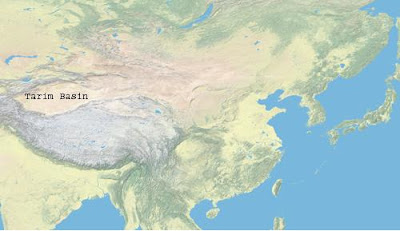Visions of Post-secular Society after Fukushima: Plurality and Exclusion
On November 13th, a Japanese scholar Jun’ichi Isomae gave a talk titled “Visions of
Post-secular Society after Fukushima: Plurality and Exclusion.” In his speech
he lamented the Japanese people’s hesitance to recognize the pain of others, a
phenomenon which, in his opinion, resulted from the exclusion of the minority
in the public sphere.
What mildly surprised me was that
the speaker actually took a critical stance toward his country’s tradition and
the government. He implicitly noted that this “immature” aspect of Japanese
interiority and subjectivity was partly attributable to the traditional
Japanese “public religion,” the emperor system through which “the interiority
of the nation was absorbed within the state authority.” He also expressed
concern over the Japanese government’s concealment of information to the
general public, saying that numerous Japanese do not have a full knowledge
about what happened after the Fukushima nuclear accident. I felt that his
attitude was strikingly different from the situation in Japan before the World
War II, during which the public would follow the government’s ideas without
question.
While Isomae urged for the need to
discipline the Japanese people’s minds to be more sensitive to others’
suffering, I thought this change in mentality should be directed not merely toward
the neglected ones among their own nationals, but also toward those in other
countries, especially the ones Japan colonized in the past in an attempt to
create their own Japanese world order
in East Asia. The Japanese government and the public should understand the
importance of acknowledging the mental and physical agony the subjects
experienced under their ironfisted rule, the most famous examples including the
enforcement of Korean worship at Japanese Shinto shrines, comfort women, and
ban on the use of Korean language. Only when the “communicative action” is extended beyond the excluded Japanese
minorities to reach the populaces of these foreign nations can the darkness and
immaturity of Japanese people’s private spheres be rectified.Minh Joo Yi, SAS'13


Comments
Post a Comment
We follow the House Rules as outlined by the BBC here.